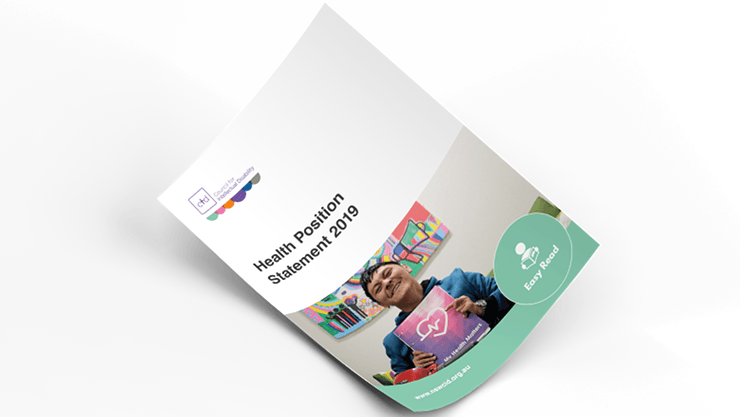
How can we improve the health of people with intellectual disability?
Peter’s clinical depression was misdiagnosed as bad behaviour. Why should Peter and others with intellectual disability be misdiagnosed and have treatment delays? Here is how our health services can do better.
Peter*, who has an intellectual disability, lives independently with drop-in support.
When Peter stopped going to work and refused to get out of bed, his outreach worker referred him to a mental health service.
The doctor said there was nothing medically wrong with Peter’s health, he was just behaving badly. But the truth was, Peter was deeply depressed.
Fortunately, Peter finally got a proper diagnosis and treatment plan. But the delay should never have happened. And what would have happened if he never got a proper diagnosis?
Stories like Peter’s are far too common.
People with intellectual disability are not treated the same when it comes to health.
We want all health services to know how to work with people with intellectual disability.
In our position statement on health, we identify how health services can be improved for people intellectual disability.
Three important improvements we identify are:
- All health professionals should be trained in intellectual disability.
- Health information should be in Easy Read.
- Health professionals should take more time with people with intellectual disability.
For more about how we can improve health services for people with intellectual disability and what CID has done to make this happen, read our Health position statement 2019, which is available in standard English and Easy Read.
We are launching a major health campaign soon. We would love you to join us to campaign for better health services for people with intellectual disability. Sign up to our email updates if you would like to know more.
Find out more
- Health position statement 2019.
- Support our Our Health Counts campaign to make the health of people with intellectual disability count.
* Not Peter’s real name.



 1800 424 065
1800 424 065 















